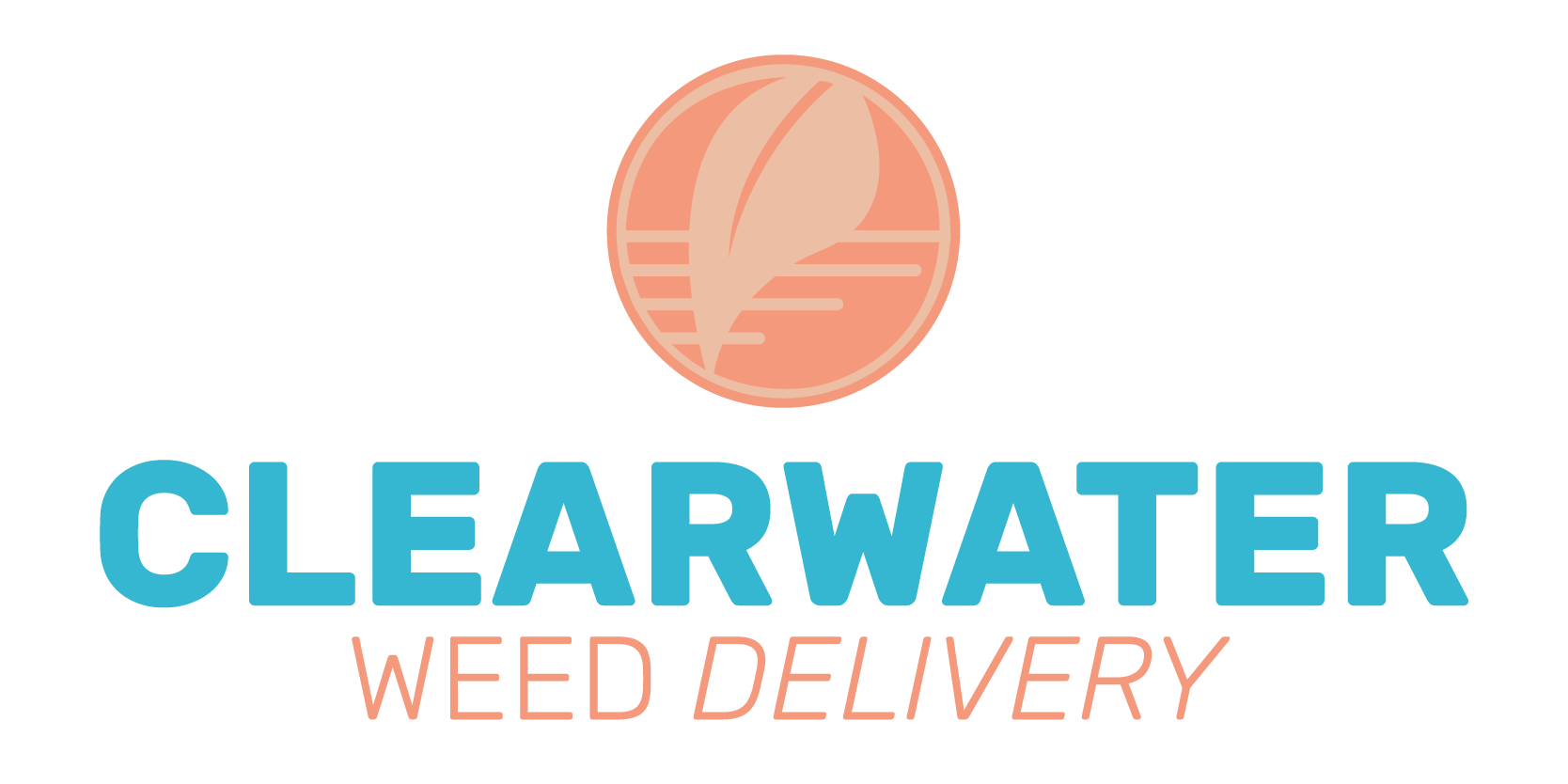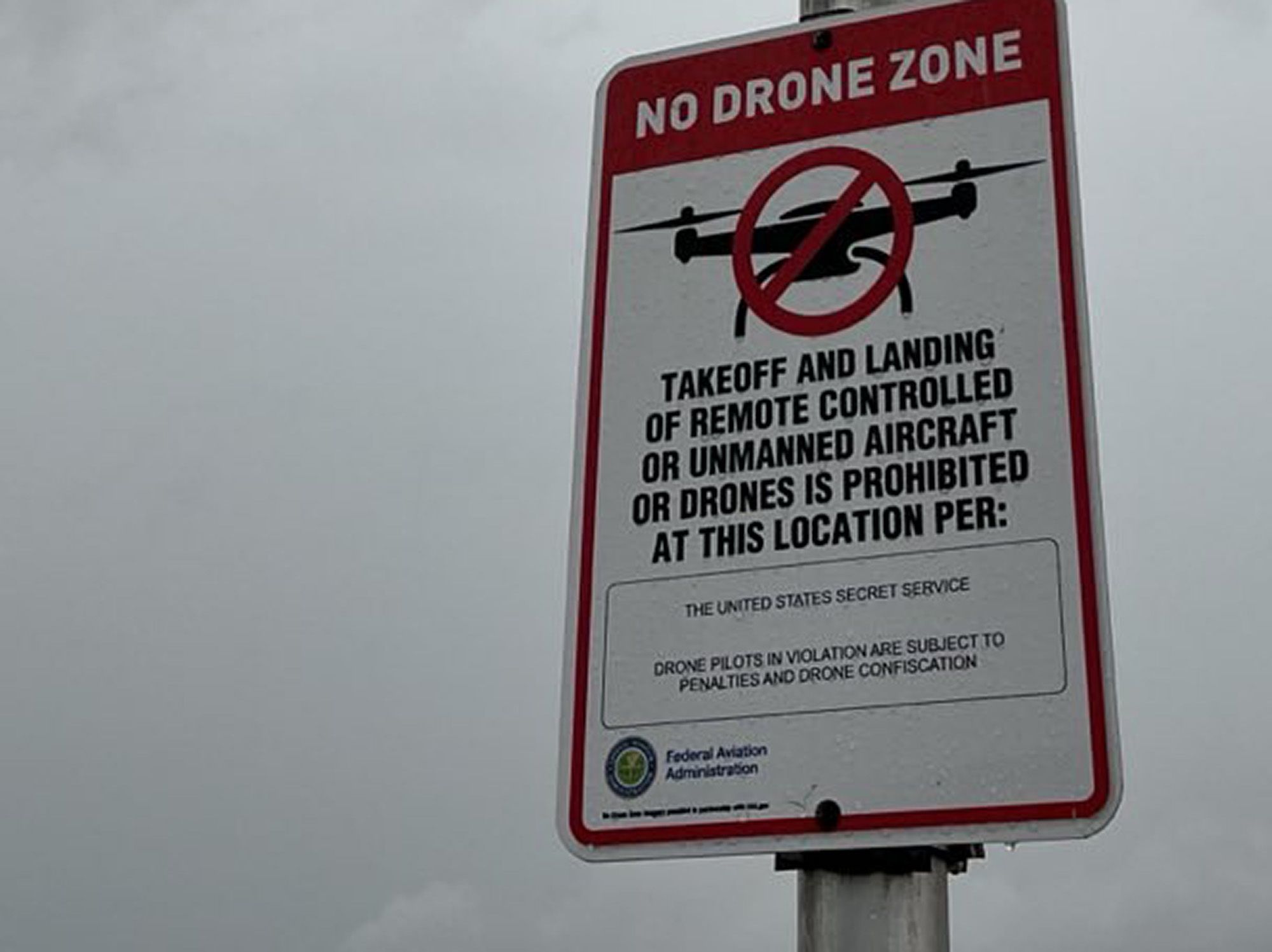Posted On :
As the cannabis industry rapidly expands, tech-forward innovations are starting to take flight—literally. The buzz around drone delivery is growing, and the question on everyone’s mind is whether cannabis delivery will one day be dominated by automated systems, including drones. With the promise of speed, convenience, and sustainability, drone delivery could revolutionize how cannabis reaches consumers.
The Rise of Drone Deliveries in Cannabis
Drone delivery isn’t a concept of the distant future—it’s already happening in industries like healthcare and retail. Companies such as Zipline have proven that drones can reliably deliver medical supplies to hard-to-reach areas. Naturally, the cannabis sector is eyeing similar opportunities.
Some cannabis businesses in the U.S. are already testing drone delivery in controlled environments. In Washington state, one company experimented with drone transportation between wholesale distributors and dispensaries, hinting at a future where cannabis bypasses traffic and gridlock entirely.
Benefits of Drone Integration
Speed and Efficiency:
Drones can significantly reduce delivery times. Whether navigating through congested cityscapes or flying over rural terrain, drones have the potential to streamline cannabis delivery like never before. Imagine getting your favorite products in under 30 minutes without any delivery van involved.
Environmental Sustainability:
Drone delivery has a smaller carbon footprint compared to traditional vehicle delivery. With lower emissions and energy use, drones present an eco-friendly solution for a cannabis industry increasingly conscious of sustainability goals.
Cost-Effective Operations:
As labor costs rise and driver shortages increase, automation offers relief. Drones can reduce operational costs over time by minimizing the need for human drivers, lowering insurance premiums, and avoiding fuel-related expenses.
Hurdles on the Path to the Sky
Regulatory Roadblocks:
Cannabis is still federally illegal in the U.S., and aviation regulations are tightly controlled by the Federal Aviation Administration (FAA). Even in states with legal cannabis, combining drone flight laws with cannabis regulations is complex. Until federal and state laws become more harmonized, drone delivery remains limited in scope.
Security Concerns:
Security is critical when delivering cannabis. Companies will need to develop airtight protocols to protect against theft, tampering, or misdelivery. Anti-theft compartments, GPS tracking, and biometric access may eventually be integrated into drone systems to meet compliance requirements.
Technology Limitations:
Current drone technology has limitations in terms of range, battery life, and payload capacity. Cannabis products—especially bulky or multiple-item orders—might exceed what small drones can handle. However, advancements in drone design and battery efficiency continue to evolve at a rapid pace.
The Future Is (Almost) Here
Cannabis delivery is undeniably moving toward greater automation, and drone technology is a key part of that future. While federal regulations and technical barriers must still be addressed, it’s easy to imagine a not-so-distant world where drones drop off pre-rolls or tinctures right at a customer’s doorstep—quickly, safely, and with zero emissions.
As drone tech becomes more reliable and laws continue to adapt to a post-prohibition market, cannabis companies looking to stay ahead of the curve are paying close attention. One thing is certain: the future of cannabis delivery isn’t stuck in traffic—it’s flying above it.
Categories :

